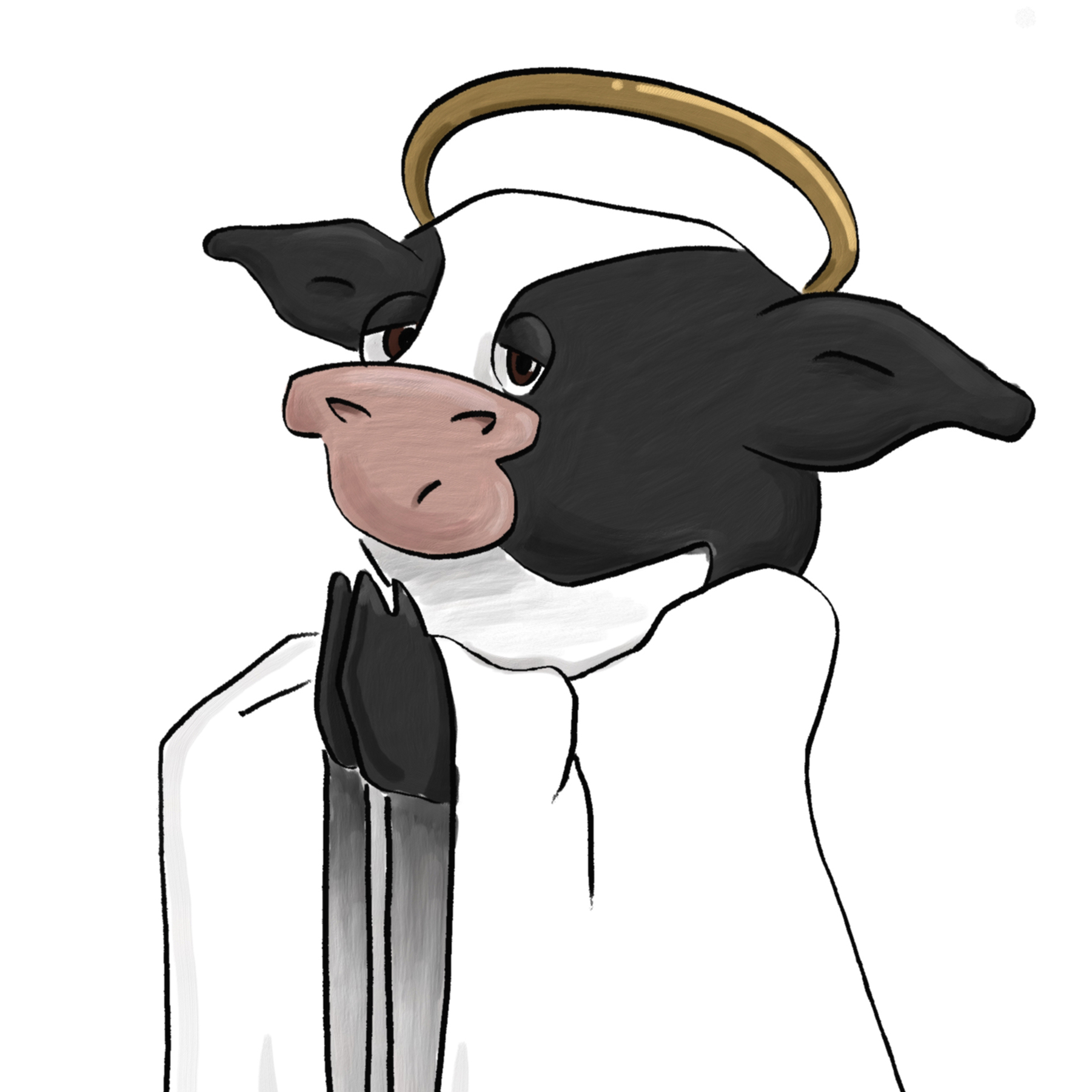
The Holy Cow is the most self-righteous of the Sacred Cows. She believes that divorce is a personal failure and that married people are better than divorced people. Her mission is to sell everyone on the idea that the commitment of marriage should trump personal happiness, and she uses spurious data and anecdotes to shore up her argument. She believes that marriage is critical to a stable society and works to keep marriages intact for the sake of society rather than for the sake of individuals.
Tipping over the Holy Cow does not mean that commitments are unimportant to individuals or to society. It only means that commitments should not be unalterable over the course of a lifetime.
When asked why all of her marriages had failed, anthropologist Margaret Mead is said to have replied "I beg your pardon; I have had three marriages and none of them was a failure." This statement (apocryphal or not) highlights our social tendency to equate divorce with failure. Culturally, we believe that divorce reflects weakness and selfishness, and the "failure" label applies not only to marriages, but also to the people who divorce. Our society does not like quitters, and divorce is seen as a form of quitting.
The Holy Cow is an energetic promoter of this stigma. She believes that breaking marriage vows makes someone de facto a bad person. In her view, marriage is always good and divorce is always bad. That means that you can prove that you are a good person by agreeing to a marriage contract, but you become a bad person if you break that contract.
One of the things that the Holy Cow does not want to discuss is the meaning of the marriage contract. Have you ever asked yourself what exactly is being promised at a modern wedding? Most marriage vows contain some version of "I promise to love you forever," which is generally considered to be the core of the contract. It turns out, however, that people are not all that good at predicting how they will feel in a decade, and neither can they make themselves feel an emotion in perpetuity simply by promising to do so. In some ways, weddings are an exercise in group denial, or at least group optimism. We simply ignore the fact that the promise of eternal love doesn't hold up to scrutiny.
The Holy Cow exploits the ambiguity created by the vague nature of the marriage contract. Few people would agree to a contract that said "I promise to stay with you until I die no matter how badly you treat me, no matter how much I come to dislike you, no matter how unhappy it makes me to be with you." Yet the Holy Cow will point out that you did in fact promise "until death do us part," and she is not interested in having a discussion about whether or not that was a reasonable promise for you to make.
The Holy Cow is highly ambitious, and she doesn't restrict her focus to individual marriages. She knows how to engage social and political forces for her cause. There are many articles written in the popular press about marriage and divorce, but nearly all of them recycle the same "news" and get information from common sources. One of the principal sources is The National Marriage Project, founded at Rutgers University in 1997 and now based at the University of Virginia. The stated goal of National Marriage Project is to "investigate how American marriages are formed, maintained and ended, and how society is affected." This sounds objective enough, until you discover that a core mission of this organization is to "identify strategies to increase marital quality and stability." Given that the goal of the organization is to promote marriage, it is understandable that all of their "findings" involve endorsements of marriage and dour warnings about the misery of divorce and single life. "Discoveries" by the National Marriage Project deliver on the expectations of its conservative funders such as the Templeton Foundation, and they are widely and uncritically reprinted by trusted news sources, helping to create the perspective that divorce rates are increasing and marriage is a solution to myriad social woes.